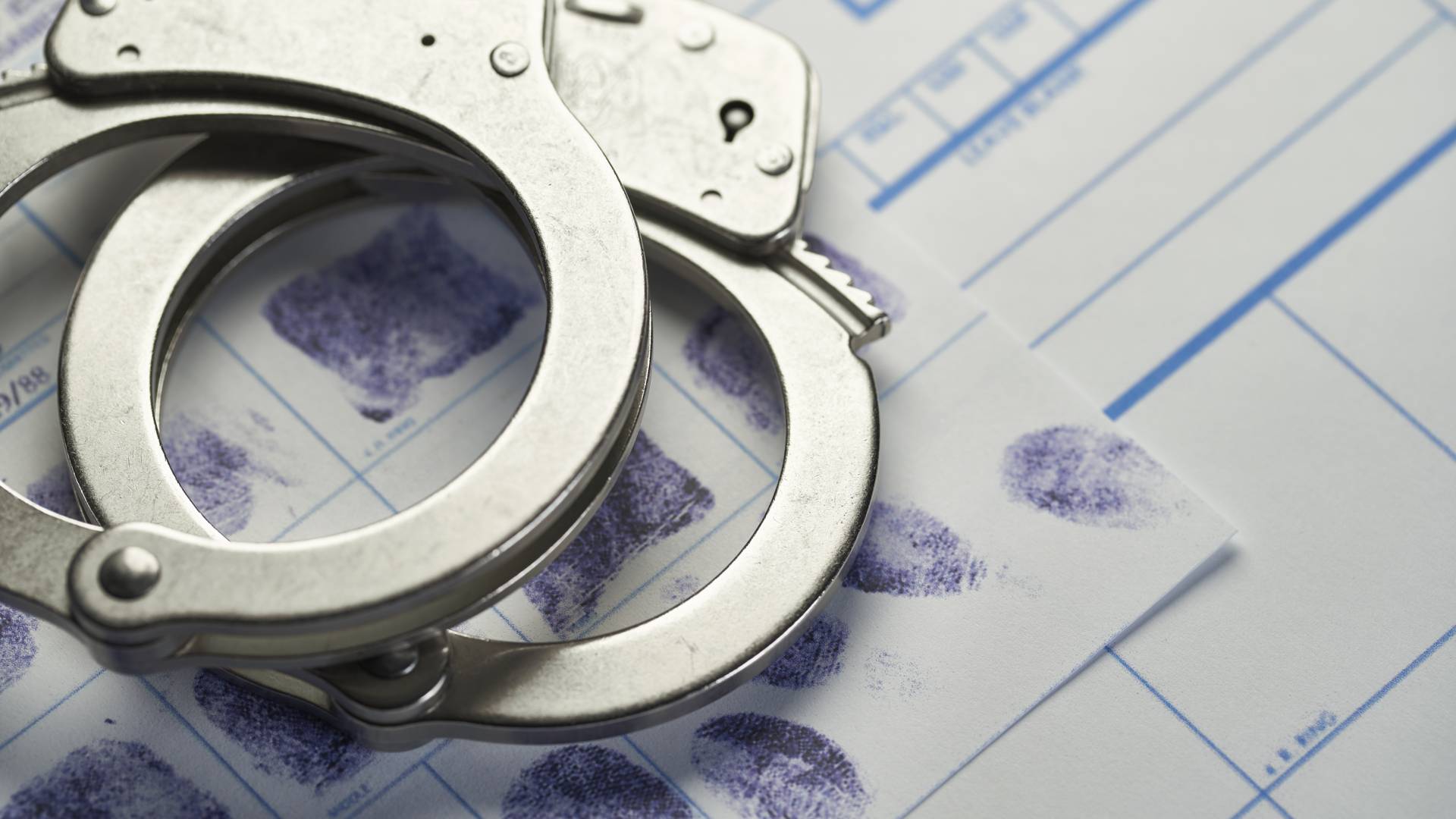
Honolulu Juvenile Crime Attorney
What Is a Juvenile Crime?
In Hawaii, juveniles are considered to be anyone under the age of 18. If a juvenile is convicted of a crime, they are considered to be a waiver juvenile. This means that the juvenile court may transfer the case to adult court, where the juvenile would be tried as an adult. If they are convicted as a waiver juvenile, they may be sentenced as an adult. However, if they are convicted as a juvenile, they may be sentenced as a juvenile.
There are several factors that the court will consider when deciding whether or not to waive a juvenile into adult court, including:
- Age of the child at the time of the offense
- Nature of the offense
- Child's past history
- Child's potential for rehabilitation
- Child's mental and emotional maturity
- Child's ability to understand the consequences of their actions
- The child's ability to conform their conduct to the law
- The child's ability to understand the nature of the proceedings against them
If you or your child has been charged with a juvenile crime, it is important that you retain a qualified juvenile crime attorney as soon as possible. A conviction of a juvenile crime can have a lasting negative impact on your future, including affecting your ability to obtain financial aid for college and preventing you from obtaining a professional license in your chosen career path.
At the Law Office of Steve Cedillos, we have handled hundreds of cases and have a proven track record of success. We understand how the legal system works, and we understand how to navigate the system in order to get results. We will work with you to develop a strong defense strategy, and we will fight to protect your rights and the best interests of your child.
Schedule your initial consultation today by calling (808) 201-0496 or filling out our online form.
What Are the Penalties for Juvenile Crimes?
The penalties for juvenile crimes in Hawaii depend on the type of crime committed, the age of the child, and the circumstances of the case. Juvenile crimes are classified as either misdemeanors or felonies.
Misdemeanors include:
- Class C felony, which includes the use of a firearm during the commission of a felony
- Class B felony, which includes kidnapping, sexual assault, and murder
- Class A felony, which includes murder in the first degree
The penalties for misdemeanors can include probation, community service, fines, and incarceration. The penalties for felonies can include prison time and life without parole.
In addition to the penalties listed above, a conviction of a juvenile crime can have a lasting negative impact on your child's future. For example, a conviction can prevent your child from obtaining financial aid for college and can prevent your child from obtaining a professional license in their chosen career path. A conviction can also have a negative impact on your child's ability to obtain a professional license in their chosen career path.
-
"Highly recommend him"Steve is sharp and understands exactly what you want to do after 1 discussion. He has a very cool personality but, most importantly gets the job done. Highly recommend him.Kathleen V.
-
"I highly recommend Steve"Steve Cedillos Esq was experienced, professional, helpful, and knew what to expect in the courtroom, so I was able to stay calm and prepare after the free consultation. I highly recommend Steve for your traffic offenses.Rexford S.
-
"Would I hire him again? Absolutely."I hired Steve for a child custody case in 2021. I see all the reviews that say he is "mean" or "rude" - I would say that he is just blunt and straightforward. He isn't going to get your hopes up just to preserve your feelings. Great guy. he is willing to answer your questions before you even hire him and you can bet that he's honest. Do I think that a 5k retainer was a lot for my case? Yes, but it IS Hawaii and I did hire him 2 months before my actual trial date after going pro-se for a while. Would I hire him again? Absolutely.Mica T.
-
"Steve provided me with a potentially painless solution"With a ten minute conversation Steve provided me with a potentially painless solution and more importantly - Hope.Pete M.
-
"Steve Cedillos is definitely worth it."Steve Cedillos is definitely worth it. He’s very straightforward and gets the job done! Helped me get a TRO I probably wouldn’t have been able to do alone. Navigating the justice system isn’t easy, but his help made it so much easier along with a great outcome!! Thankful and grateful I came across him on Google. He was very responsive anytime I needed to reach him. Highly recommended.Delaney R.
-
"Thank you very much for your help and honesty."Great attorney, helped me out with legal advice. Thank you very much for your help and honesty.Alexander L.
-
"I contacted Mr Cedillos for advice on a difficult matter and he was extremely helpful to me."I contacted Mr Cedillos for advice on a difficult matter and he was extremely helpful to me.Carl C.
-
"Mr. Cedillos was very patient, knowledgeable and extremely helpful."I called for a consultation. Mr. Cedillos was very patient, knowledgeable and extremely helpful. I felt heard, understood, and his personable demeanor made my experience so much more pleasant.Akasha S.


Why Choose Us?
Steve Cedillos, a respected Honolulu attorney with over 30 years of experience, specializes in criminal defense and family law. Committed to his clients' success, Mr. Cedillos provides tireless advocacy and comprehensive representation, from DUI cases to complex divorces. With a client-centered approach and expertise in military defense, he ensures his clients receive top-notch legal support. As a member of the Hawaii State Bar and the Screen Actor's Guild, Steve Cedillos offers a unique perspective and a dedication to achieving the best outcomes for his clients.
-
Tireless RepresentationMr. Cedillos works tirelessly on behalf of his clients, understanding the importance of achieving the best possible outcome in their legal matters.
-
Compassionate AdvocacyWhether negotiating an uncontested divorce or representing clients in court, Steve Cedillos advocates vigorously for his clients' interests to ensure they receive the outcome they deserve.
-
Specialized Military DefenseAttorney Cedillos specializes in military criminal defense, assisting clients with various proceedings from non-judicial punishment hearings to general courts-martial.
-
Client-Centered ApproachMr. Cedillos takes a sincere interest in the success of his clients, prioritizing their needs and goals throughout the legal process.
-
Comprehensive Legal ExpertiseWith over 30 years of experience, Steve Cedillos offers expertise in both criminal defense and family law, handling a wide range of cases from DUIs to complex divorce proceedings.